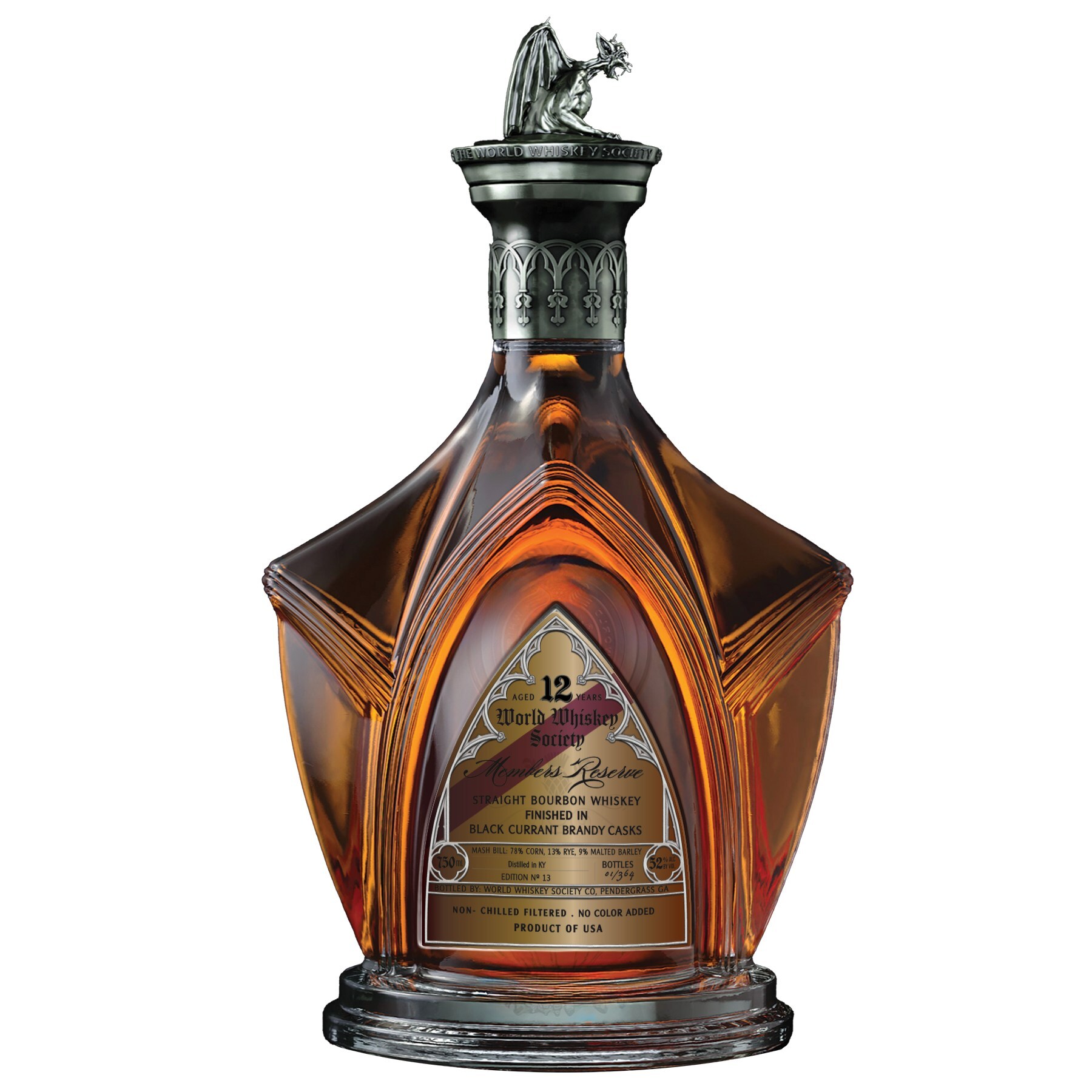DISCUS Issues Statement on Recent Surgeon General Cancer Advisory

A recent Surgeon General’s Advisory identifies alcohol consumption as a “leading” cause of cancer, saying it is linked to 100,000 U.S. cancer cases and 20,000 cancer deaths annually.
The advisory suggests specifically adding cancer warnings to the already existing health warnings on packaged alcoholic beverages. The recommendations include making the warning labels more visible, increasing the awareness of cancer risks associated with alcoholic beverages, and even educating patients in clinical settings about the risks.
However, the Distilled Spirits Council of the United States (DISCUS) asserts that the Surgeon General did not review broader health outcomes in the advisory, countering that the National Academies of Sciences, Engineering, and Medicine (NASEM) recently released a comprehensive Consensus Report on alcohol and a range of health outcomes, including cancer.
“The NASEM report concluded that, compared with never consuming alcohol, moderate alcohol consumption is associated with an increased risk of breast cancer, but it did not find such associations for other types of cancer,” DISCUS said in a statement. “The report also concluded that moderate alcohol consumption is associated with lower risks of all-cause mortality and cardiovascular disease, compared to never consuming alcohol.”
Moreover, DISCUS noted that the Surgeon General’s Advisory states it “is not an exhaustive review of the literature.”
“Many lifestyle choices carry potential risks and potential benefits, and the consumption of alcohol is no exception,” DISCUS said. “Cancer is a complex disease. Studies have linked excessive drinking with an increased risk of certain types of cancer, and some have reported an association between moderate alcohol consumption and an increased risk of breast cancer. This information is not new and has long been addressed in the Dietary Guidelines for Americans as well as in a previous 2016 Surgeon General’s Report.”
The statement says current health warning has informed consumers for decades about health risks broadly, and it is the federal government’s role to determine any proposed changes to the warning statements based on the entire body of scientific research. It also said the spirits industry is committed to following all laws and regulations that govern product labeling.
“We do not recommend that anyone drink to achieve health benefits and urge all adults who choose to consume alcohol to consult with their health provider to determine what is best for them,” DISCUS said.
The organization also recommends consumers follow the recommendations of the 2020-2025 Dietary Guidelines, which states, “Adults of legal drinking age can choose not to drink, or to drink in moderation by limiting intake to 2 drinks or less in a day for men and 1 drink or less in a day for women, when alcohol is consumed. Drinking less is better for health than drinking more. There are some adults who should not drink alcohol, such as women who are pregnant.”
For more information, visit https://www.distilledspirits.org/.
(Photo via Pixabay/VinaConstanze)
Read more: DISCUS Warns Against Threatened Trump Tariffs









